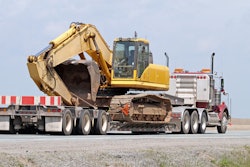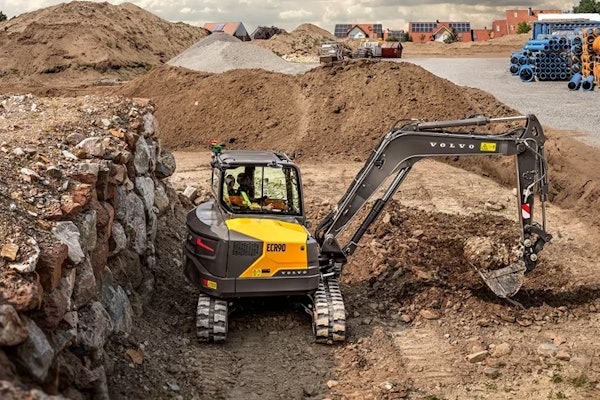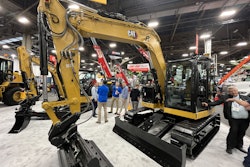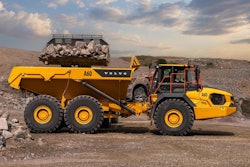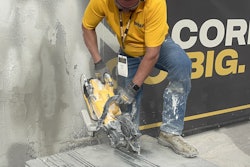
President Donald Trump’s plan to impose tariffs on imports of steel and aluminum is prompting opposition from representatives of equipment manufacturers who say they’ll be burdened with higher input costs than their foreign competitors will pay.
Also reacting with concern are GOP lawmakers who blasted the plan and investors on Wall Street, where stocks tumbled.
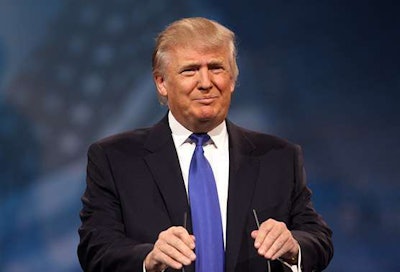
Trump says the tariffs would be 25 percent for steel and 10 percent for aluminum. “And it will be for a long period of time,” he says in comments released March 1 by the White House.
“People have no idea how badly our country has been treated by other countries, by people representing us that didn’t have a clue,” the president had said this week during a listening session with representatives from the steel and aluminum industries.
“Or if they did, then they should be ashamed of themselves because they’ve destroyed the steel industry, they’ve destroyed the aluminum industry, and other industries, frankly, when you look at all the plants, the car plants, automobile plants that moved down to Mexico for no reason whatsoever, except we didn’t know what we were doing.”
Dennis Slater, president Association of Equipment Manufacturers (AEM), is among those in the North American equipment industry voicing concern.
 Dennis Slater, AEM president
Dennis Slater, AEM president“President Trump shouldn’t undercut his own goal of helping U.S. manufacturers ‘win’ again by imposing counterproductive tariffs on steel imports,” Slater says in a written statement released by the trade group, which represents more than 950 companies and more than 200 product lines in the agriculture, construction, forestry, mining and utility sectors worldwide.
“The president should reconsider his stated intention to impose tariffs on steel and aluminum imports that will raise costs for equipment manufacturers in the United States and undermine our industry’s global competitiveness.
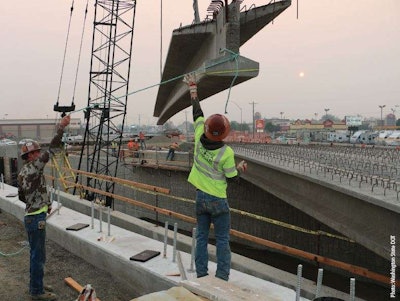
“About 30 percent of equipment manufactured in the United States is eventually intended for export. Tariffs or quotas on steel and aluminum imports will burden U.S. manufacturers with higher costs while our competitors in China, India and Mexico will get a free pass to use the cheapest input materials they can find,” Slater says.
Trump says he’s planning ” some very fast action” and that his administration will probably have everything completed by next week.
“If President Trump wants to boost domestic steel production,” Slater says, “the best way would be to invest in our infrastructure system, and focus on further streamlining regulations.”
To read the White House transcript of Trump’s comments during that listening session, click here.


